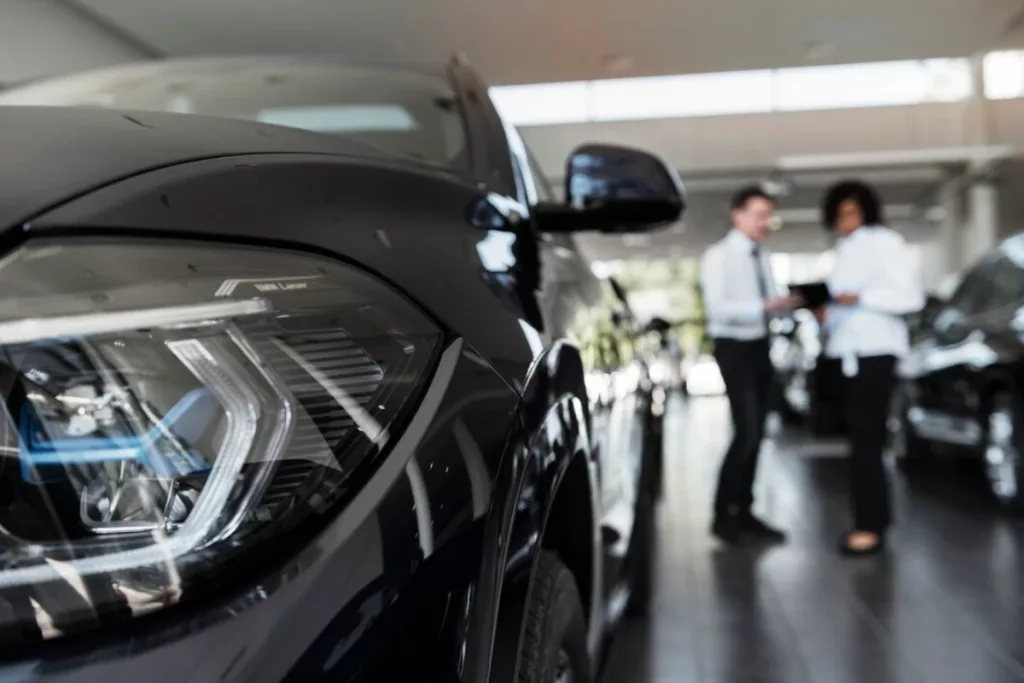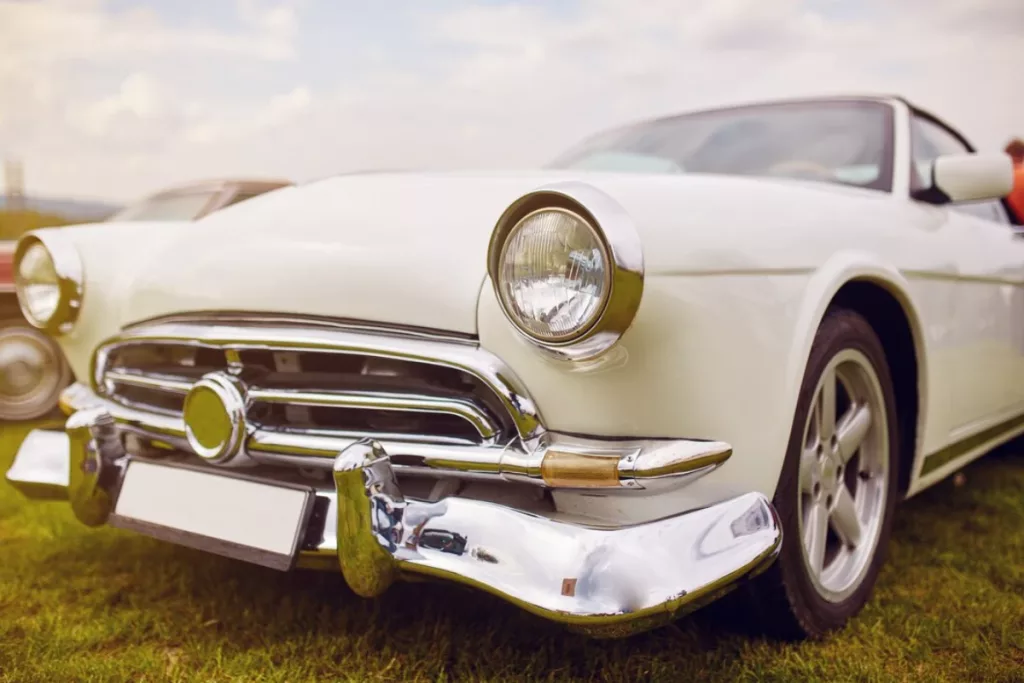
In a world of evolving automotive appeal, enthusiasts are captivated by foreign cars’ allure. However, dreams are shattered when some of these exotic marvels are deemed illegal for ownership and driving on American roads. We aim to guide you through the world of foreign cars that are forbidden in the United States, creating an intriguing yet tantalizingly out-of-reach landscape for American car aficionados, focusing on Illegal Car Imports USA.
The Allure of Foreign Automobiles
Why are foreign cars so coveted?
Foreign cars, notably those hailing from Europe and Japan, are celebrated for their remarkable craftsmanship and innovative engineering. Renowned for German luxury cars’ precision engineering and the agile performance of Japanese sports cars, they represent the epitome of automotive excellence. This blend of performance, style, and cutting-edge technology makes them widely coveted in the world of Illegal Car Imports USA.
Legal Restrictions: The Elephant in the Room
Understanding the legal framework
The United States, a hub for diverse cultures and passionate car enthusiasts, enforces strict regulations on the importation and use of foreign vehicles. These rules, centered on safety and environmental factors, form the foundation for the country’s framework for assessing the road-legality of foreign cars, as stipulated by the federal government and individual states. These measures ensure compliance within the realm of Illegal Car Imports USA.

Vehicles That Cannot Be Imported to the USA
While the USA embraces various imported vehicles, certain cars encounter restrictions or complete bans due to safety, emissions, or other issues. Being mindful of these limitations is crucial to evade costly errors and delays in Illegal Car Imports USA.
- Right-Hand Drive (RHD) Vehicles: Vehicles with a right-hand drive configuration, such as those commonly used in the United Kingdom and Japan, are generally prohibited from importation, unless they meet specific exemptions.
- Non-Conforming Vehicles: Vehicles that do not meet EPA and DOT standards cannot be imported unless they undergo extensive modifications to bring them into compliance.
- Salvage Vehicles: Salvage title vehicles often face severe restrictions or may be ineligible for importation. These are vehicles that have been damaged, declared a total loss, and subsequently rebuilt.
- Gray Market Vehicles: Gray market vehicles, which are vehicles imported outside the official manufacturer’s distribution network, may not comply with EPA and DOT standards. These vehicles require extensive modifications to meet regulations.
- Stolen Vehicles: Importing a stolen vehicle into the USA is strictly illegal and subject to severe penalties.
- Homologation Issues: Vehicles that were never intended for the American market may lack the necessary safety features and emissions controls, making them ineligible for importation.
- Vehicles with Recalls: Importing vehicles with outstanding recalls is prohibited. The US government wants to ensure that all imported cars are safe and free from known defects.
Legal Loopholes and Exceptions
Is there a way around these restrictions?
While many foreign cars are indeed banned from American roads, there are exceptions and legal loopholes that can allow determined enthusiasts to own and drive these vehicles. These exceptions may include vehicles that are more than 25 years old, specialized racing vehicles, or cars that are modified to meet American safety and emissions standards.
- Show and Display: Under certain circumstances, vehicles that do not meet U.S. safety standards can be imported for exhibition purposes, provided they meet specific criteria outlined by the NHTSA.
- Registered Importers: Working with registered importers who can modify and certify vehicles to meet U.S. standards is a viable option for those wishing to import non-compliant vehicles.
- Antique or Classic Vehicles:
Antique or classic cars usually adhere to different importation regulations, sometimes exempt from specific safety and emissions standards in Illegal Car Imports USA.

Unleashing the Enchantment: The Allure and Hurdles of Foreign Cars
Foreign cars have an undeniable allure, captivating the imaginations of car enthusiasts around the world. While it’s disheartening to learn that certain foreign vehicles remain out of reach due to legal restrictions, the passion for these cars continues to burn brightly. As the automotive landscape evolves, it’s possible that the list of forbidden cars will change, allowing a new generation of enthusiasts to experience the thrill of driving these exotic machines.
Seamless Vehicle Importation: Your Partner at Border123
Importing a vehicle into the USA is a meticulous process that demands adherence to numerous regulations and standards. While there are restrictions on certain vehicle types, navigating the importation process successfully is possible with careful planning and professional guidance. At Border123, we’re here to assist you every step of the way, ensuring a smooth and compliant importation process for your vehicle. Contact us today to learn more about how we can help you import your vehicle into the USA.
FAQs
Can I import a classic car that doesn’t meet current safety standards?
Yes, classic cars are often exempt from certain safety standards, but they must still meet emissions requirements.
What’s the process for importing a car from Canada?
Importing a car from Canada involves complying with US import laws, including modifications if necessary, and providing proper documentation.
Are there any exceptions for military personnel or diplomats?
Yes, there are exceptions for military personnel and diplomats, but specific requirements and procedures apply.
Can I import a car as a personal vehicle for daily use?
Yes, you can import a car for personal use, but it must meet all US safety and emissions standards.
Are electric cars subject to the same import regulations?
Yes, electric cars must meet the same safety and emissions standards as traditional vehicles.
Can I import a car with a salvage title if it has been repaired?
It is possible to import a salvaged car if it has been properly rebuilt and meets all safety and emissions requirements.


